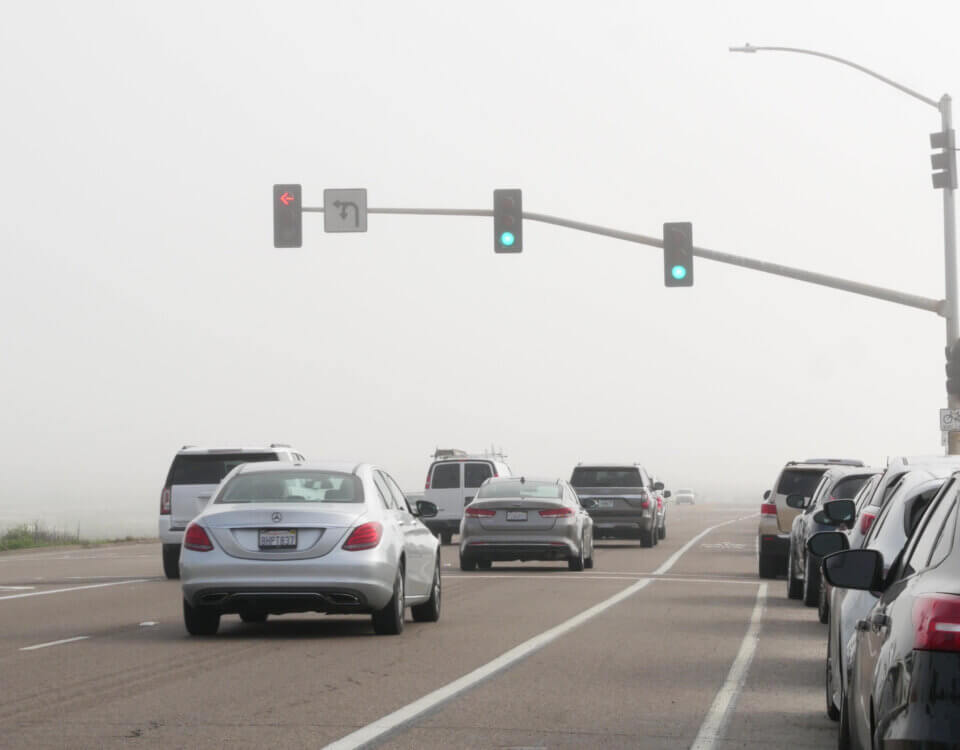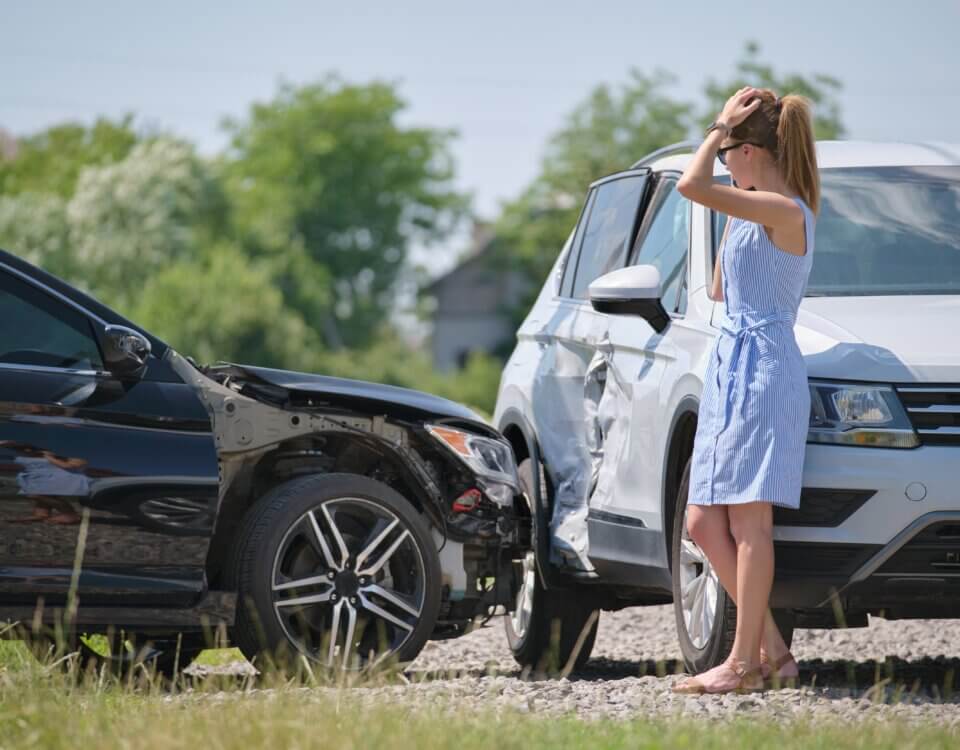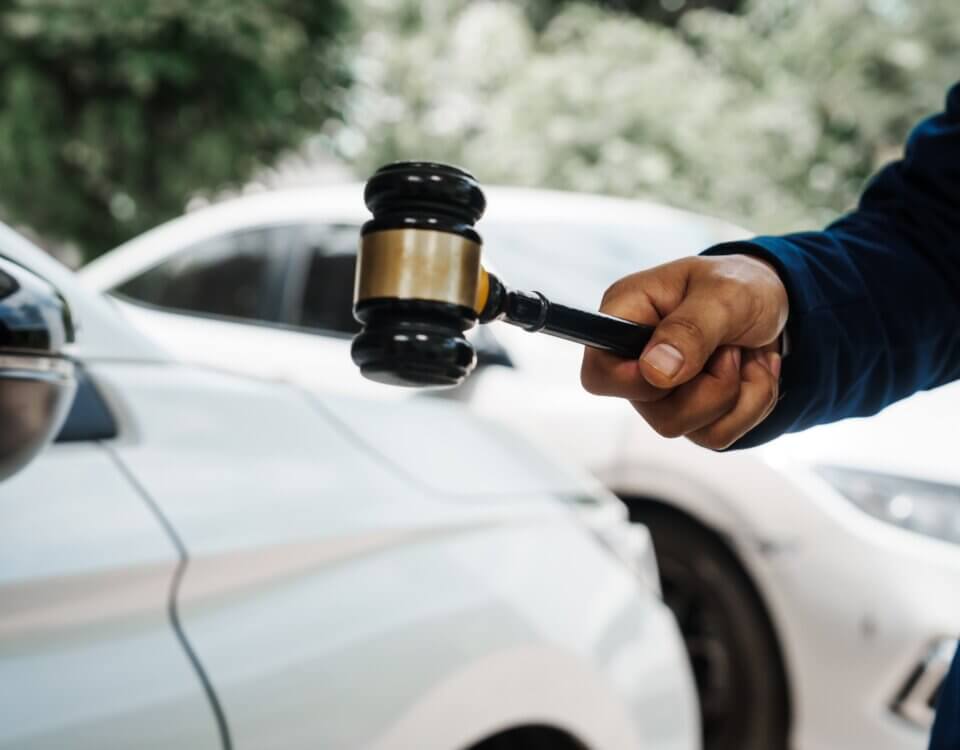When a trucking or delivery accident occurs in California, one of the first questions is whose insurance applies. Understanding the differences between commercial and personal auto insurance claims is essential for protecting your rights and recovering fair compensation.
Key Differences in Coverage
- Commercial Auto Insurance:
- Designed for vehicles used in business operations.
- Typically has much higher liability limits.
- May include coverage for cargo damage, employee use, and specialized vehicles.
- Personal Auto Insurance:
- Covers everyday driving by private individuals.
- Has lower coverage limits and may exclude accidents that occur while conducting business.
- Often does not cover rideshare or delivery activities without additional endorsements.
Common Scenarios in Trucking Accidents
- Company-Owned Trucks: Commercial insurance usually applies if the driver was on duty.
- Independent Contractors: May involve both the contractor’s personal policy and a commercial policy from the hiring company.
- Dual Coverage Disputes: Insurers may argue over whose policy is responsible, delaying compensation.
Challenges for Accident Victims
- Complex Claims: Multiple insurers may be involved, creating confusion.
- Lower Personal Policy Limits: May be insufficient for serious injuries or property damage.
- Exclusions for Business Use: Personal policies may deny coverage if the driver was performing work duties.
Steps to Protect Your Claim
- Gather All Insurance Details: Collect both personal and commercial insurance information at the scene.
- Avoid Admitting Fault: Even casual comments can harm your claim.
- Seek Legal Advice Early: An attorney can identify all applicable policies and negotiate on your behalf.
- Document Thoroughly: Save medical records, repair estimates, and all communication with insurers.
Why Legal Representation Matters
Trucking and delivery accidents often involve complicated insurance disputes. Having an experienced lawyer ensures that every responsible party is held accountable and that you receive the full compensation you deserve.
Note: These blog posts are created solely for the use of Hillstone Law. The information is gathered from internet research, publicly available sources, and artificial intelligence (AI) tools such as ChatGPT. While we aim to share helpful and educational content, Hillstone Law does not independently verify every detail. Some information may be incomplete, outdated, or subject to change without notice. If you believe any part of a post is inaccurate, misleading, or infringes upon copyright, please contact Hillstone Law immediately so we can review it and take appropriate action, including correction or removal.
Disclaimer: The material provided in these blogs is for general informational purposes only and should not be considered legal advice. Reading these posts does not create, and is not intended to create, an attorney-client relationship with Hillstone Law. Our intent is to share knowledge, raise awareness, and provide helpful resources to the public; however, Hillstone Law makes no warranties or guarantees about the accuracy, completeness, or reliability of the information provided, and expressly disclaims liability for any actions taken in reliance on it. The photos used in these posts are for illustrative purposes only and do not depict actual clients, individuals, or incidents unless expressly stated. If you or a loved one has been injured in an accident, please contact Hillstone Law at (855) 691-1691. Our attorneys are available to answer your legal questions and help you understand your rights.








